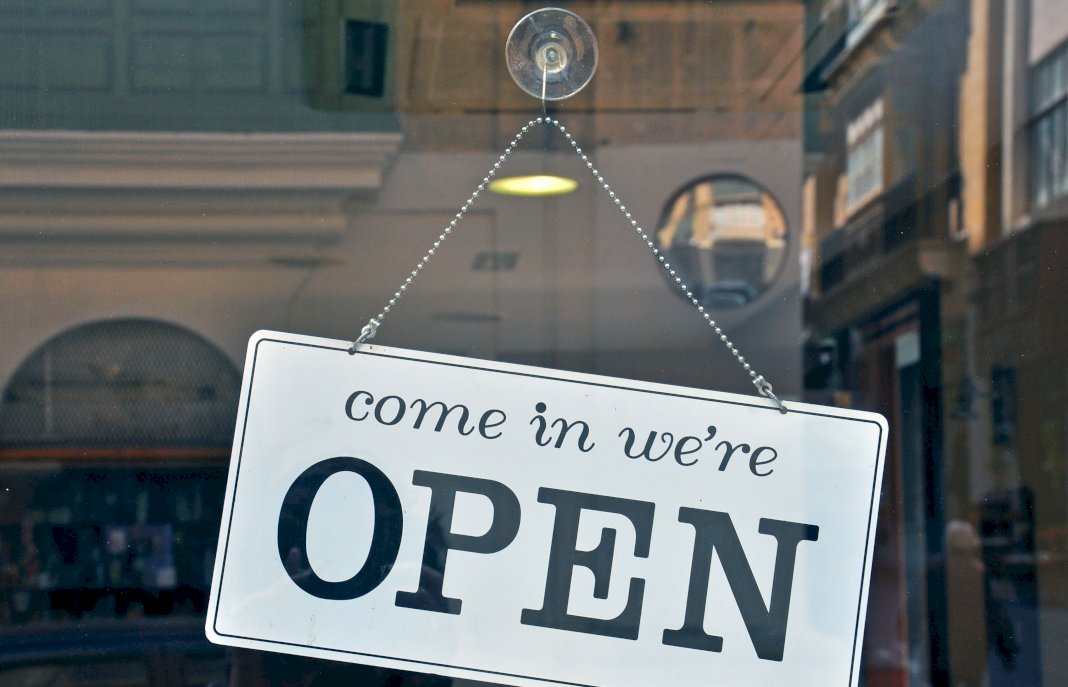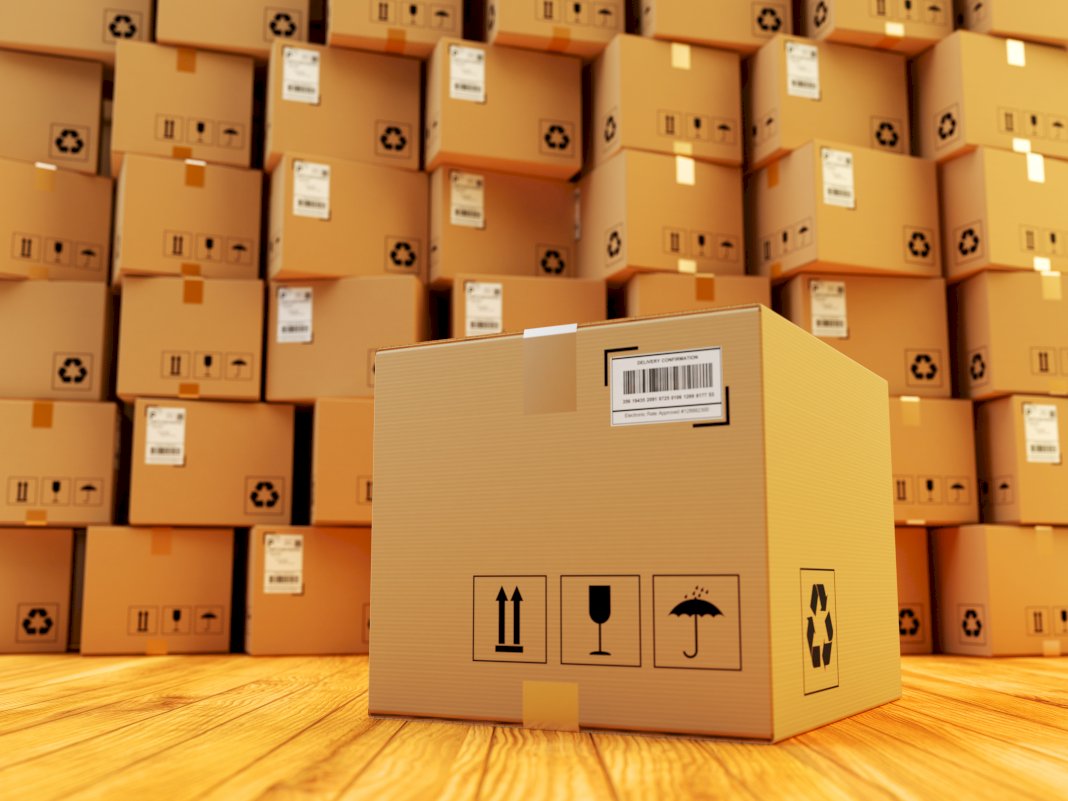- Choosing the right location for your retail store significantly impacts visibility and customer traffic.
- Essential services like utilities, parcel shipping, and waste management ensure seamless operations.
- Utilizing online platforms and content marketing can increase brand awareness and customer engagement.
- In-store events, promotions, and local partnerships can drive foot traffic and strengthen community relationships.
The profitability of opening a retail store is often a compelling consideration for entrepreneurs. According to a report by IBISWorld, the retail sector’s annual growth was 1.5{e39385c1ffe180b6bedd5f6e8d9cef939282543d9e9807e7f1d953c724b86c6d} between 2016 and 2021, indicating a steady and reliable income stream. The National Retail Federation further forecasts retail sales to grow between 6.5{e39385c1ffe180b6bedd5f6e8d9cef939282543d9e9807e7f1d953c724b86c6d} and 8.2{e39385c1ffe180b6bedd5f6e8d9cef939282543d9e9807e7f1d953c724b86c6d} to more than $5.23 trillion. This data underscores the notion that investing in a retail store can yield significant returns, especially if the retailer strategically positions their store to attract and retain customers.
However, opening a retail store will require a lot of steps, especially when considering the cost of leasing or purchasing a retail space, paying staff, and ensuring your store meets industry standards. To get started, here are some key factors you should consider when opening a retail store.

Getting the Location Right
Location is often quoted as the most crucial factor in retail. The right place can draw in abundant foot traffic, increase visibility, and align your brand with nearby businesses. Conversely, the wrong spot might lead to low visibility, lack of customer traffic, and poor sales. Here are four key factors to consider when choosing the location for your retail store:
Customer Demographics
Consider who your target customers are and where they live. A downtown location might be ideal if your target market is young professionals. You might want to be in an upscale neighborhood if you sell high-end products. Essentially, your location should be where your target customers are.
Visibility and Accessibility
Your store should be easy to find and enter. A location with high visibility from the street can attract walk-ins and drive-by customers. Accessibility is also crucial; customers are more likely to visit stores that are easy to access from major roads or public transportation.
Nearby Competitors and Complementary Businesses
While it’s generally not a good idea to set up shop right next to a direct competitor, being near businesses that sell complementary products or services can be a significant boon. Customers who visit those stores are also more likely to visit your store.
Lease or Purchase Costs
You’ll need to balance the benefits of a location with its cost. Prime retail spaces can be expensive, so consider whether the increased foot traffic and visibility are worth the higher rent or purchase price.
Securing the Essential Services
In addition to finding the perfect location, you must ensure that your retail store has all the essential services to function effectively. These services are pivotal in creating a seamless customer shopping experience and ensuring smooth business operations.
For instance, reliable utilities such as electricity, water, and internet access are non-negotiable for almost any retail business. Electricity powers your lights and registers, while water is needed for restrooms and possibly for product use. Stable internet access, on the other hand, supports POS systems, e-commerce integration, and internal communications.
Another essential service to consider is parcel shipping. In today’s digital age where e-commerce is booming, offering delivery options can significantly boost your store’s reach and sales. Parcel shipping providers provide services, including same-day delivery, international shipping, and tracking capabilities. This enhances customers’ shopping experience by delivering convenience and allows you to expand your customer base beyond geographical boundaries.
Also, don’t overlook the importance of waste management services. Proper disposal of waste material is a legal requirement and a contributing factor to creating a clean and safe shopping environment.
Marketing Your Business
Effective marketing is crucial to the success of your retail store. It boosts brand awareness, attracts potential customers, facilitates customer engagement, and drives sales. By strategically marketing your store, you can differentiate your brand from competitors, highlight your unique value proposition, and build a loyal customer base.
One strategy to consider is creating a robust online presence. This can be achieved through an engaging website, active social media profiles, and an optimized Google My Business listing. These platforms allow you to showcase your products, share store updates, and interact with your customers.
Content marketing, such as blog posts or how-to guides, can also be helpful. By providing valuable content, you demonstrate your industry expertise and improve your store’s search engine rankings, making it easier for potential customers to find you.
In-store events and promotions are another way to draw attention to your retail store. This could involve sales, product demonstrations, or even just casual gatherings. These events can create a sense of community around your store and give customers a reason to visit.
Lastly, consider partnering with other local businesses for cross-promotions. This can expose your store to a broader audience and foster strong relationships within your local business community.
Final Thoughts
As you can see, there are many factors to consider when opening a retail store. From selecting the right location and securing essential services to effective marketing strategies, taking the necessary steps before opening your doors is vital. With careful planning, you can position your store for success and reap the rewards of a profitable retail business.


